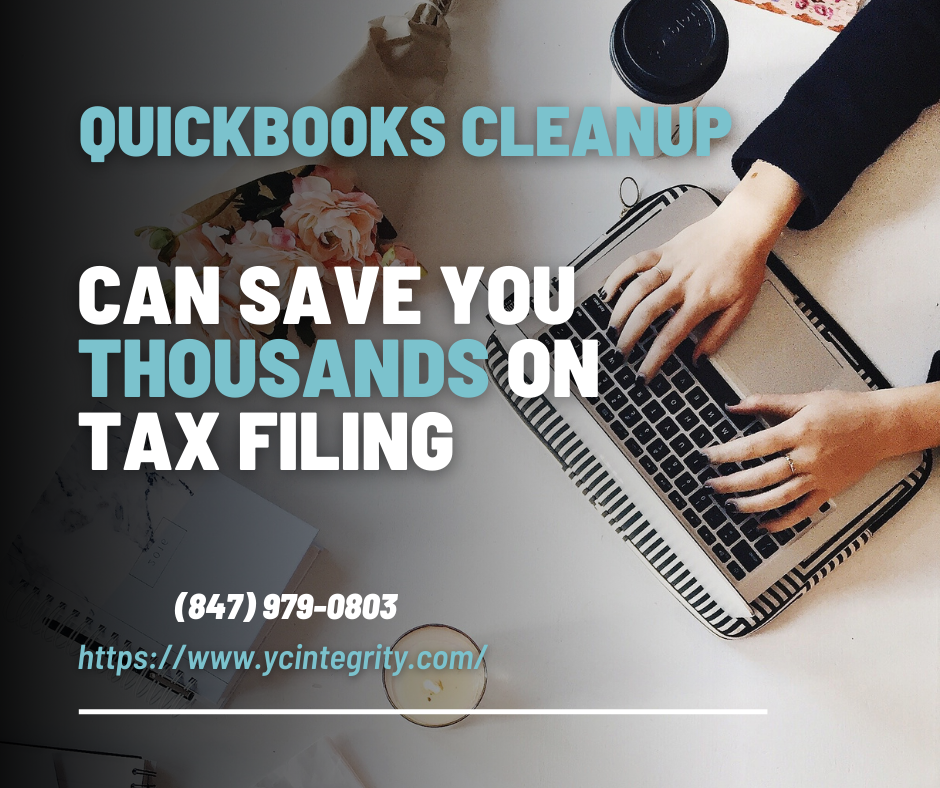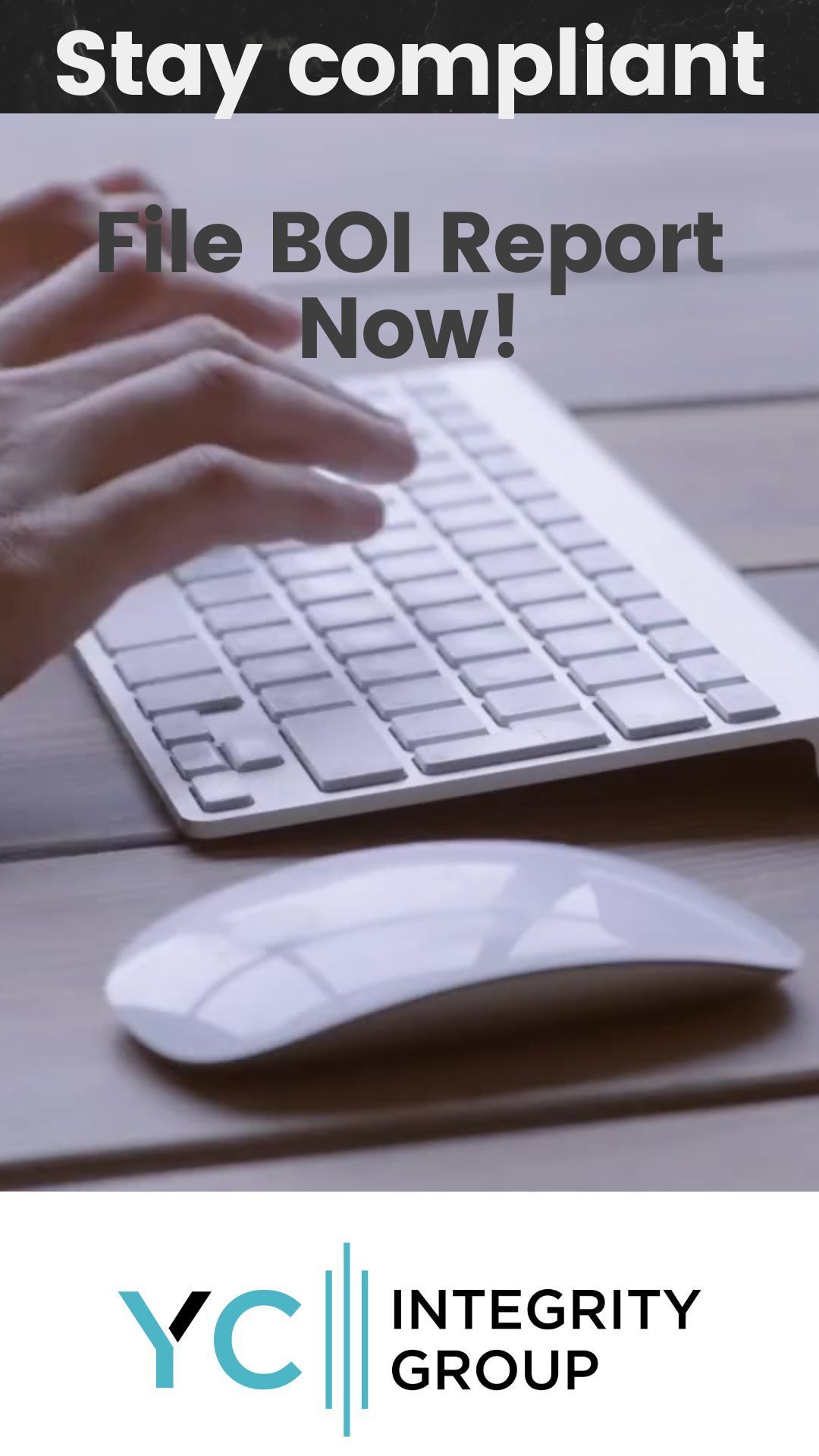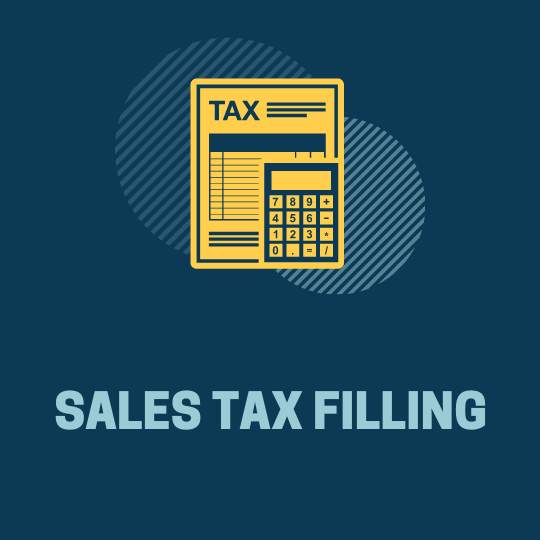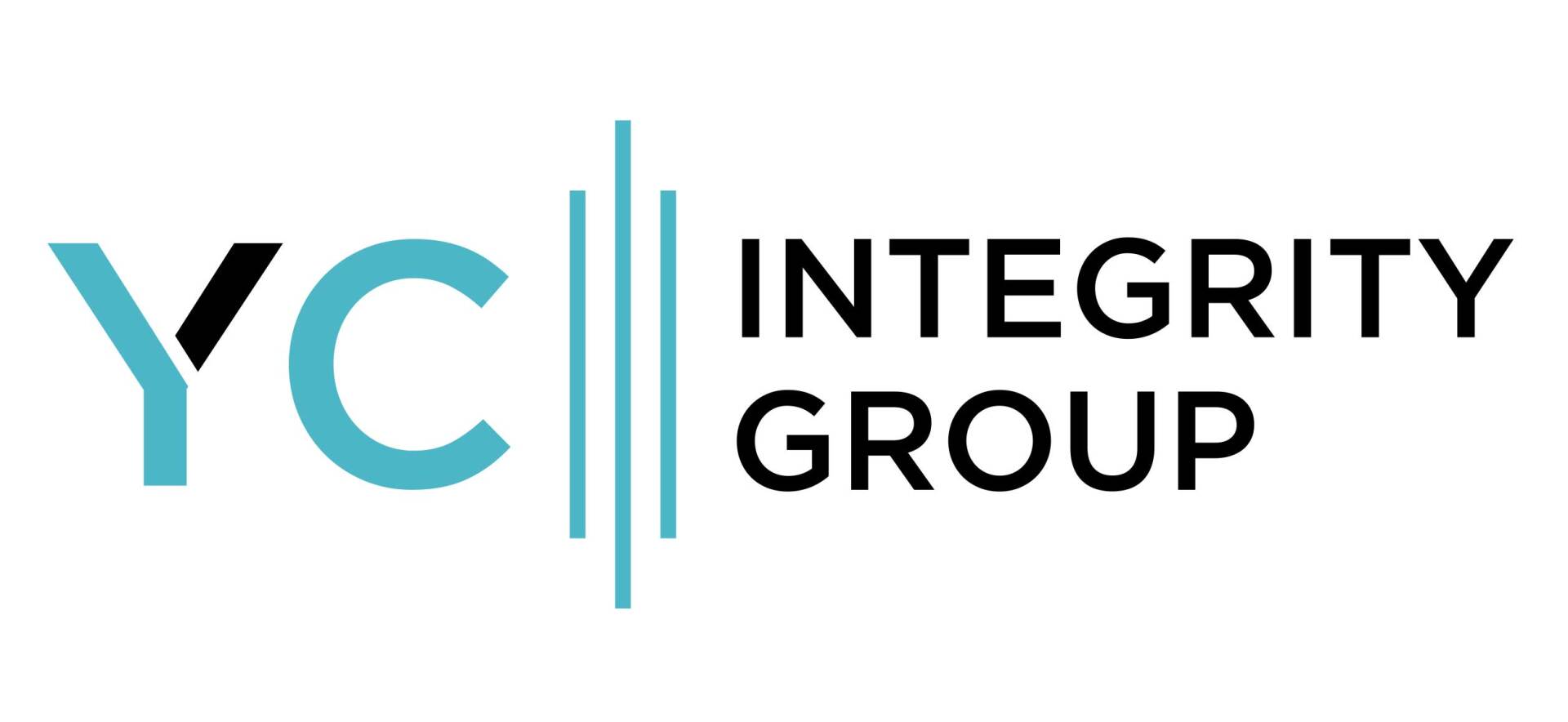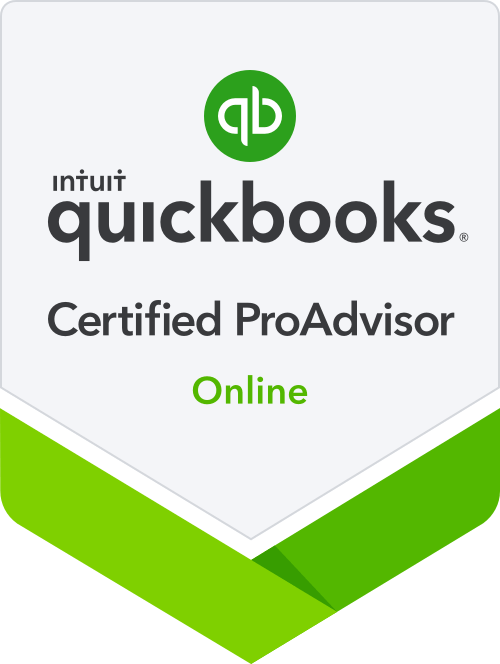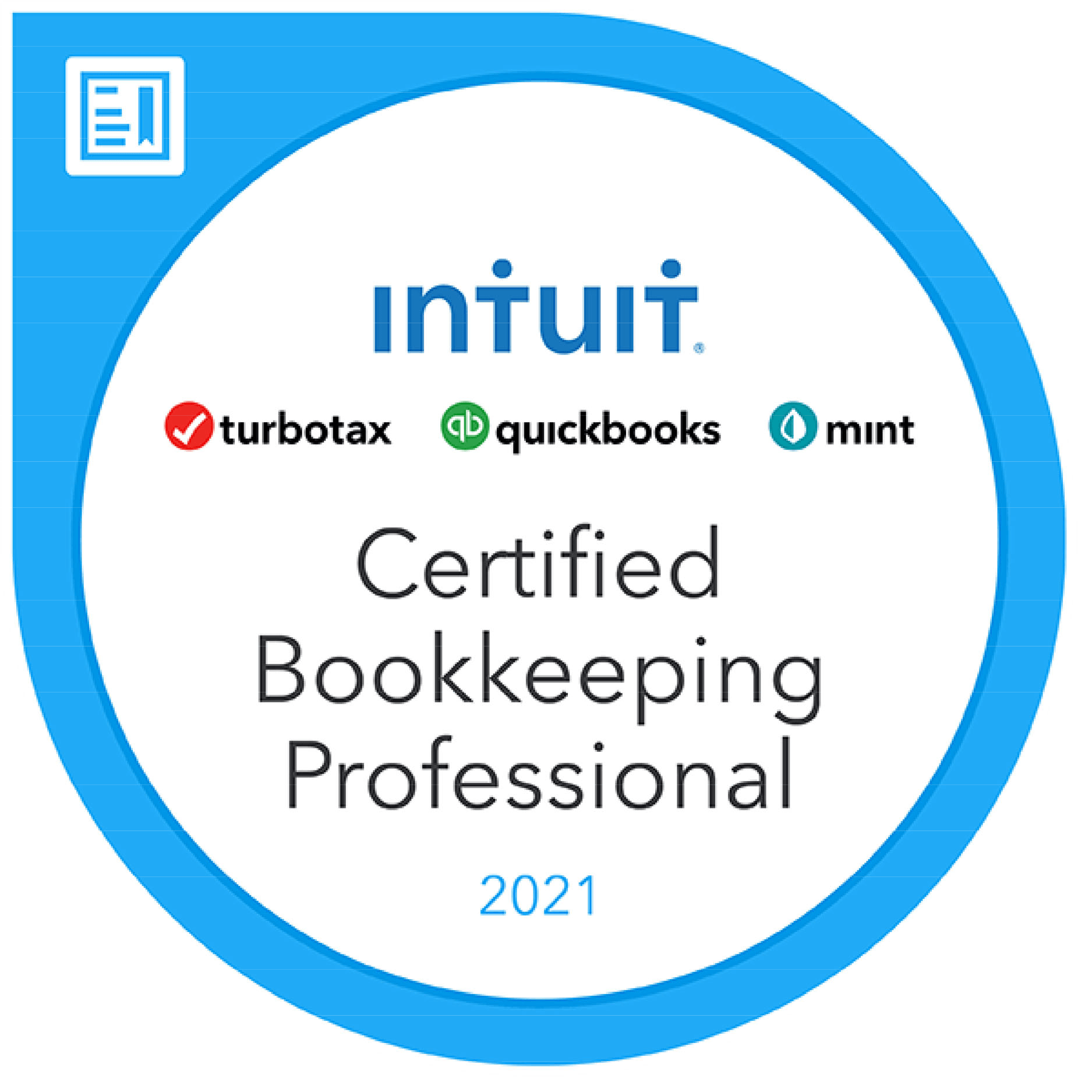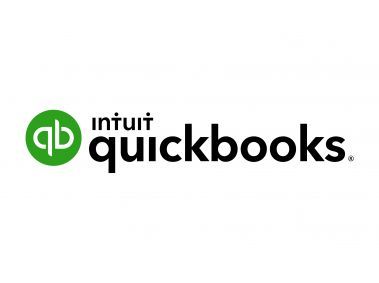Financial Mistakes Made By Small Business Owners
Sitting on the top of your small business’s finances is as important as creating strategy and marketing. However, not all small business owners are well versed with the financial side of a business such as bookkeeping and money management.
Of all the responsibilities a small business owner handles, often the most complicated is taking on the finances. There are many reasons, but most entrepreneurs lack a background in business finance, and at least at the start, are more focused on creating business strategies and serving the clients than they are on bookkeeping and financial planning for their venture.
Consequently, they start facing financial problems which can lead to their ultimate failure.
You can maximize your success—and your profitability—by avoid making these small business financial mistakes.

Keeping Insufficient Cash:
Not having sufficient cash can simply lead to business failures. New ventures often overestimate how quickly they can start earning and underestimate all the expenditures they will have to face.
But start-ups are not the only business models vulnerable to failure due to inadequate cash. Once you have a stable flow of business you can face cash issues in several ways. One of them is the failure to understand the difference between cash flow and sales.
You can have a plethora of sales, but unless you get paid in advance for those sales, you will have expenses to go through before you get paid by those customers.
If some of your customers pay late or don’t pay at all, you might not be able to pay bills on time. You also need cash to pay your employees and other overhead expenses.
To minimize cash flow problems, ask for payment on time through invoices, stay top of collectibles and analyze your cash position at least once a month, if not more often.
Not Creating a Budget, or Sticking to the Existing One:
A budget provides you valuable insight into income and expenses for a certain period so you manage your finances. If you don’t create a budget, or you don’t stick to the one you created—you might lose track of the future tax obligations, expenses, and insurance payments.
Or maybe you make a large purchase without realizing the lack of funds across your business.
Overspending:
When you start your business, it is natural to get optimistic about how much sales you can generate, and how fast you can grow. And, you want to make sure that you have everything in place to meet the requirements. This can sometimes lead to overspending.
Unless you get familiar with your needs and create a budget for them, you can end up ordering more inventory than you will be able to use in a reasonable amount of time, hiring staff before you require, purchasing new tools before you can afford it, and spending too much on marketing before you know which marketing can yield the best results.
Therefore, have a realistic budget in place to avoid overspending. It should be based on the things such as:
How many resources do you actually need? How long will it take to earn a profit? What equipment is important to buy?
Try to be as lean as possible in both your personal life and business until your business has produced enough to allow for such expenditures and still have money left to save.
Mixing Personal and Business Expenditures:
Whether you are a startup or own an established business, make sure to keep your personal and business funds separate. Many business owners use their personal credit cards to buy business supplies or make payments to suppliers.
This way, they only make it challenging for their accountant to identify the genuine business expense. On top of that, you will have to face a big headache at tax time trying to sort out the business and personal purchases to determine what is deductible on your tax form, and what is your profit or loss.
And this can get worse if IRS audited you only to assume that you have purchased goods for personal use and deducted them as business expenses. If you have partners and investors, you will face more problems.
Ultimately, if you mix up your business and personal expenses, you will find it challenging to get a business loan.
Not Having Business Insurance:
Your company must be well insured and protected. Having the right business insurance minimizes potential financial risks from unforeseen events.
However, many small businesses cancel their coverage before opting for a new policy in place, or not choosing the right policies.
Lacking Emergency Fund:
Having an emergency fund or savings can help you keep your business afloat during challenging times.
These funds can help you in case you cease operations or going out of business altogether. It also helps you pay the bills during those times when you have bad sales.
Keep in mind that emergencies can occur in all shapes and sizes and can be anything from a sudden health condition to fire breakout or vandalism. While the initial response to these, or any emergency, can vary, what won’t be different is the fact that you need an emergency fund available that ensures your financial security when you need it.
Not Planning for Tax Obligations:
Your business is subject to tax obligations depending on where it is located as well as the type and size of your business.
If you are a freelancer or self-employed, you are expected to pay full tax obligations throughout the year. A golden rule is to make estimated quarterly payments to the IRS to avoid getting a massive tax bill at the end of the fiscal year.
Figure out how much you owe in taxes and taking steps to legally minimize what you owe will help you save significantly and keep your business up and running for longer.
So you must have understood the mistakes some businesses owner make as well as how to avoid them.

